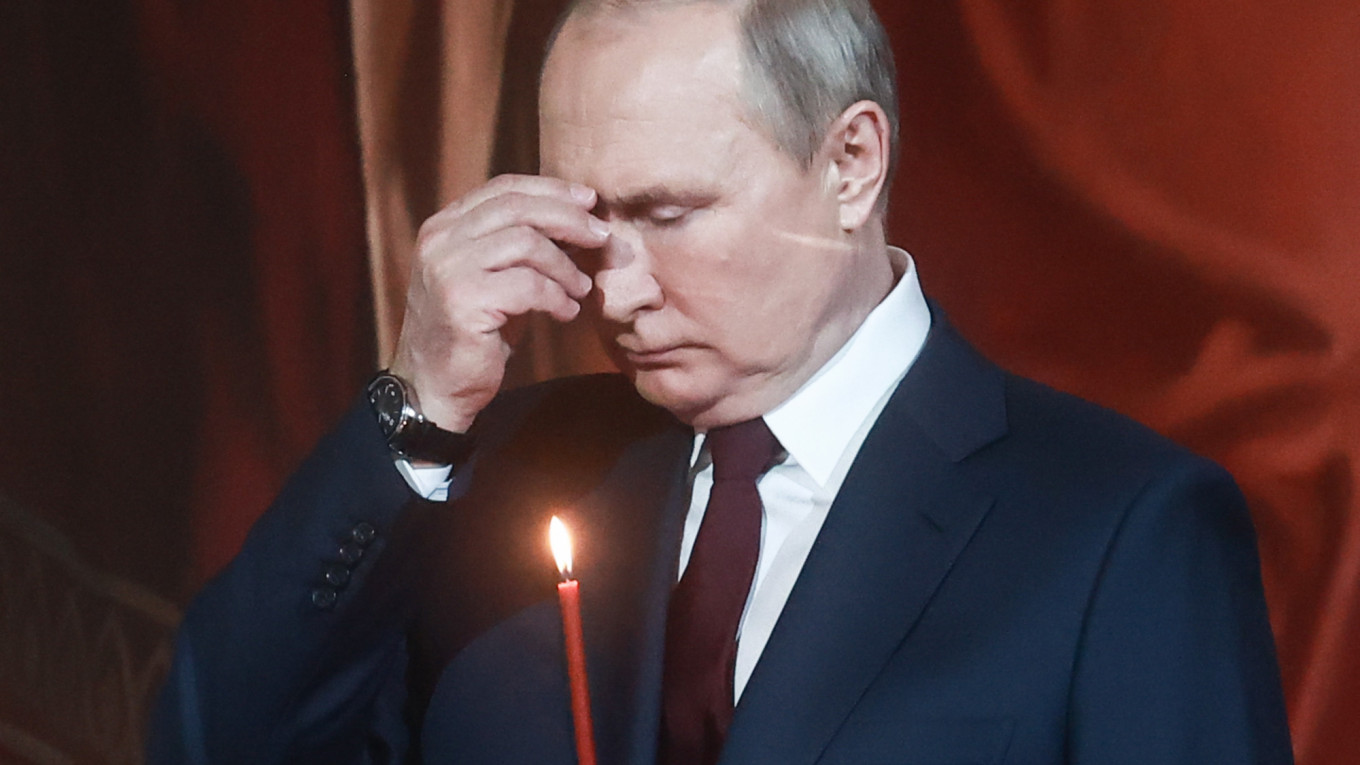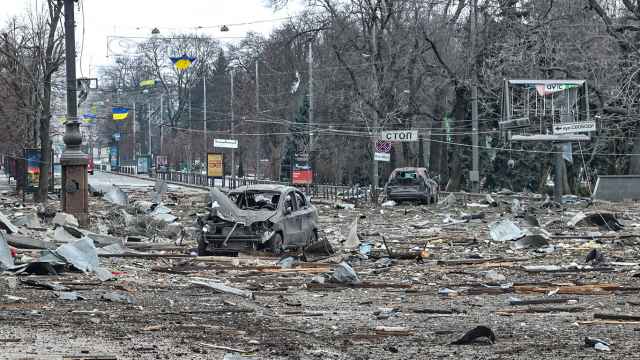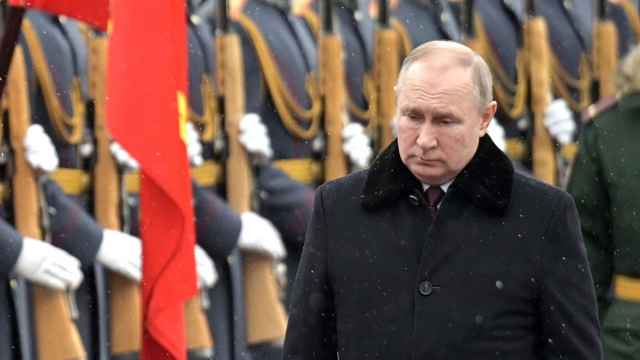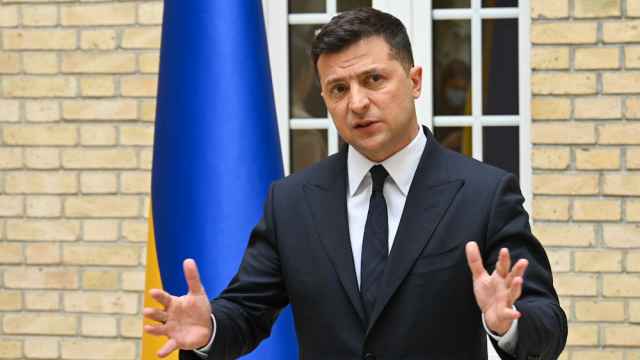Russian President Vladimir Putin has dropped plans for a peace deal and appears set on capturing more Ukrainian territory after failing to secure a quick victory in the first phase of the war, the Financial Times reported Sunday, citing three sources briefed on conversations with him.
"There was hope for a deal. Putin was going back and forth," one of the people said.
But talks stalled after Ukrainian President Volodymyr Zelensky accused Putin of war crimes in Bucha and Mariupol. The reportedly infuriated Putin signaled peace efforts were at a "dead end" after the sinking of the Moskva missile cruiser.
"Putin was against signing anything. . . after the Moskva he doesn’t look like a winner, because it was humiliating," the source added. "He needs to find a way to come out of this a winner."
Negotiators suggested Putin switched to a land-grab strategy because he told European Council President Charles Michel in a call Friday that Ukraine had "put up a wall" and it was "not the right time" to meet Zelensky, according to the Financial Times.
"He wants everything to be decided before their personal meeting," said a person involved in peace talks, adding that Putin is avoiding meeting Zelensky "with all his might."
A top Russian general said Friday that the second phase of the operation would involve taking control of east and south Ukraine to provide a land corridor to annexed Crimea.
Officials are increasingly worried that Russia could resort to using tactical nuclear weapons if it suffers further setbacks in the conflict, the Financial Times cited two people as saying.
Putin has also insisted in talks that Russian troops do not target civilians, a distorted view apparently presented to him by generals and depicted on Russian television, the newspaper reported.
"Putin sincerely believes in the nonsense he hears on [Russian] television and he wants to win big," said one person briefed on the talks.
A Message from The Moscow Times:
Dear readers,
We are facing unprecedented challenges. Russia's Prosecutor General's Office has designated The Moscow Times as an "undesirable" organization, criminalizing our work and putting our staff at risk of prosecution. This follows our earlier unjust labeling as a "foreign agent."
These actions are direct attempts to silence independent journalism in Russia. The authorities claim our work "discredits the decisions of the Russian leadership." We see things differently: we strive to provide accurate, unbiased reporting on Russia.
We, the journalists of The Moscow Times, refuse to be silenced. But to continue our work, we need your help.
Your support, no matter how small, makes a world of difference. If you can, please support us monthly starting from just $2. It's quick to set up, and every contribution makes a significant impact.
By supporting The Moscow Times, you're defending open, independent journalism in the face of repression. Thank you for standing with us.
Remind me later.






